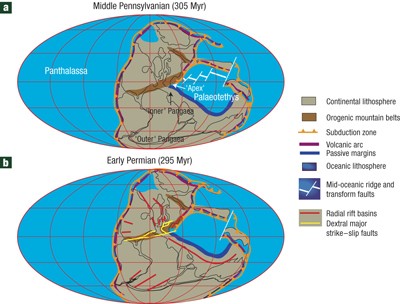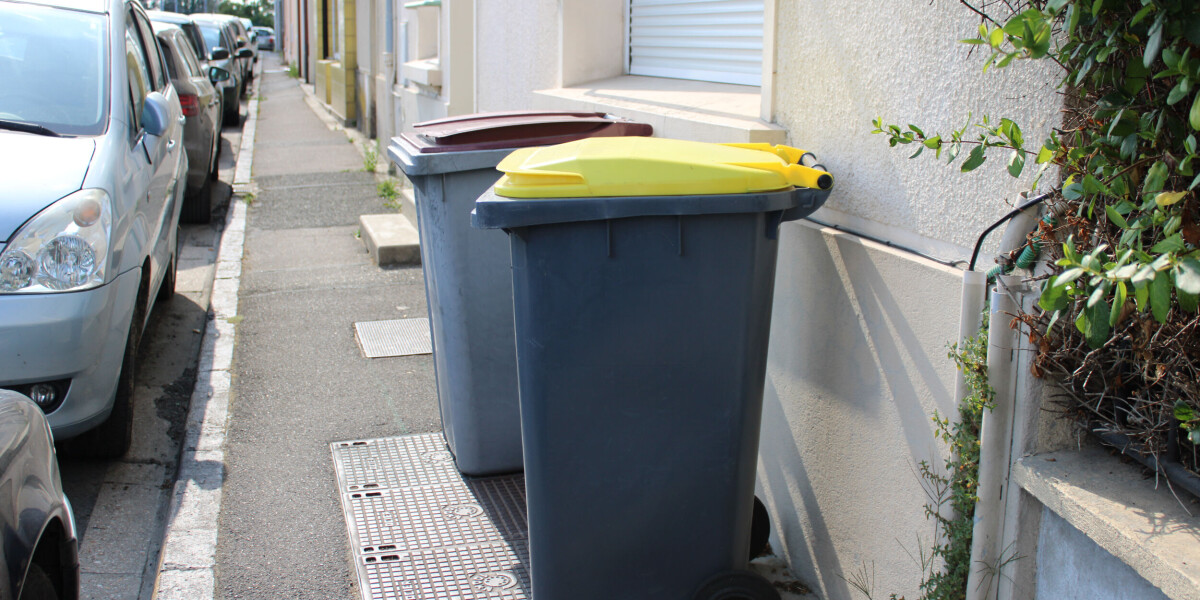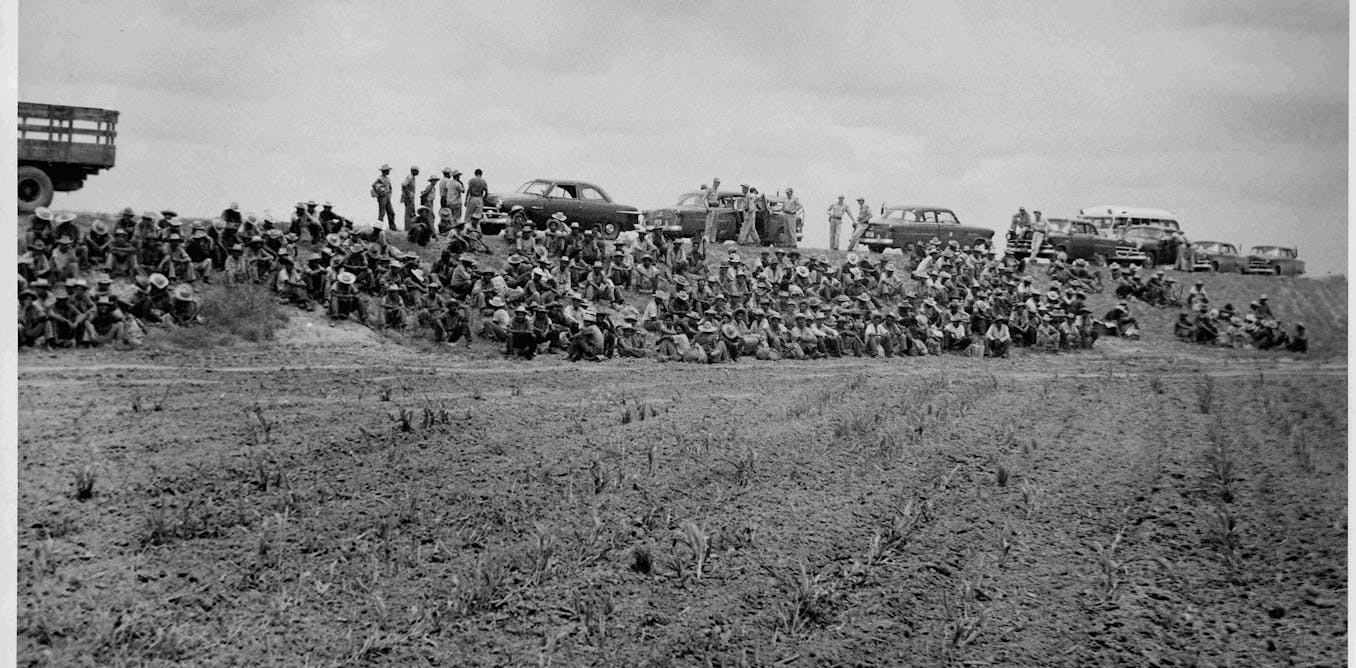
- Select a language for the TTS:
- UK English Female
- UK English Male
- US English Female
- US English Male
- Australian Female
- Australian Male
- Language selected: (auto detect) - EN
Play all audios:
Yesterday’s blasts in Beirut throws Lebanon’s precarious security situation into sharp relief. Early analysis of the blast strongly suggests a tragic, industrial accident largely caused by
state corruption, and by the almost three thousand tonnes of ammonia nitrate impounded at the port. Nonetheless this did little to stop the online conspiracy theorists who suggested that a
hidden Hamas munitions factory was at the centre of the explosion and was deliberately targeted by Israel’s security forces. Given the backdrop, it is little wonder that the rumour mill went
into overdrive. The explosions came several days before a UN-backed court’s expected verdict on the assassination of former prime minister Rafik Hariri, who was killed in a car bombing in
2005. The four suspects are all members of Hezbollah. Once the link between Hezbollah and the assassination was uncovered, international pressure caused Syria to end its 29 year military
presence in Lebanon. To add to this volatile situation, tensions between Hezbollah and Israel are particularly fractious, following an attempt on Monday by the group to infiltrate the Golan
Heights. Nonetheless it is extremely unlikely that the blasts were the result of Israeli military action. The Lebanese military has ruled out airstrikes and Israel would be extremely
unlikely to launch an attack in daylight. The Israeli military and intelligence services would be reluctant to target a munitions factory in the centre of Beirut, fearing that civilian
casualties would strengthen rather than weaken Hezbollah. The blasts are likely to deepen the dissatisfaction of ordinary Lebanese with the state. There have been protests over the worsening
economic situation, corruption and new tax measures since October last year, which led to the resignation of the Prime Minister. The resulting economic freefall saw the successor government
desperately attempt to obtain an IMF backed recovery plan, but the IMF looks unlikely to accept that proposal due to previous failures. Economic collapse is only one part of Lebanon’s woes.
The 1989 Taif Agreement which ended the Lebanese Civil War, always a taboo subject, is now openly criticised, with many young voices calling for an end to the agreement. The growing
influence of Iran has disenchanted many, who feel that the country has been turned into a strategic pawn for both Israel and for Tehran’s Syria policy. Syrian and Iranian intervention in
domestic politics has long been seen as a cause of domestic instability. For a brief period after the Lebanese prime minister and Bashar al-Assad were brought to the table in 2009 by Turkey
there was a glimmer of hope, now dashed. In geopolitical terms the fear is that Beirut is heading in the same direction of both Syria and Libya. Both are now failed states, that are being
exploited in the emerging race for global influence, principally by Russia, Iran and also China. Over the past 10 years the landscape of the Middle East and North Africa has undergone a
gradual but significant change as the US recedes from its half century role as regional hegemonic power. Russia has most obviously seized opportunities from the regional chaos, but it is
China that is being watched with most interest in Washington. Few countries in the region exemplify China’s emergence as competitor to the West as clearly as Lebanon, with its economy
destroyed and foreign currency reserves exhausted. When the first case of Covid-19 was recorded there in February, China rushed to send over medical assistance. It highlighted the idea that
China is seeking a strategic foothold in Lebanon, long viewed as a strategic playground for the major powers in the Middle East and a gateway to the West. Hezbollah chief, Hassan Nasrallah
has repeated his call to “go to China to save Lebanon financially and economically”. Hezbollah’s support for stronger ties to Beijing are unsurprising in the context of Iran’s attempts to
insert itself into the ongoing stand-off between the US and China. Tehran is on the brink of signing its own economic and military deal with China in its own desperate attempts to counter
US-led isolation of the state. Hezbollah’s pro-Chinese propaganda sits easily alongside its narrative of US involvement in Lebanon’s economic crisis. Russia’s ambassador has joined the
chorus, with the suggestion that Russia, China, Iran, Syria and Iraq should provide a joint solution to Lebanon’s economic situation, despite the fact that many of the states suffer similar
problems. The real question in regard to both Iran and Lebanon is what China wishes to achieve and how far Beijing is prepared to further antagonise the US in pursuing its strategic
ambitions. The nightmare scenario for the West is that China and Russia unite against the US and form a Middle Eastern axis with Iran. At the moment there is little strategic confluence
between the three, beyond their antipathy to the US. What is changing however is China’s assertiveness in pursuing foreign policy goals unilaterally, while facing up to Washington. Lebanon
currently receives US military aid and its banking system is also supported by the US. Washington has warned that this assistance might end if Lebanon pursues alignment with China. Despite
this, China is eyeing the Port of Tripoli in Northern Lebanon as a terminal for its Silk Road project. Yesterday’s explosion won’t decisively shift Lebanon’s alignment on the international
stage. It is however a depressing reminder of the country’s painful history. Lebanon’s exploitation by rival states as it slides towards chaos is perhaps the only constant that Beirut’s
citizens have grudgingly come to accept.









